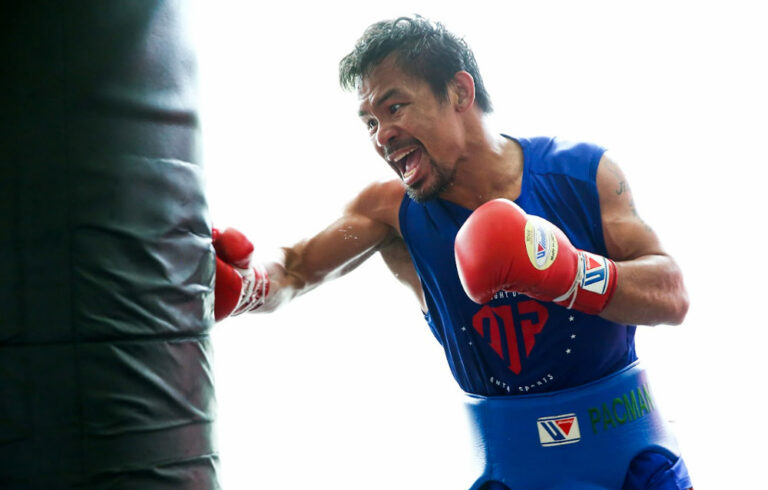The rugby world is a smaller place today. There has never been a player like Jonah Lomu and there never will be. He was a one-off, someone whoextended the boundaries of the sport. I went all over the world with him and he was recognised everywhere.
I am still in shock at his death at such a young age. Jonah was only 40 with so much more to give. It will be to my everlasting regret that we did not speak for the last few years of his life after a falling-out over nothing, but I will always cherish the memories of the times we had together, starting when I first clapped eyes on him when he was a 13-year-old playing for Wesley College.
I was the coaching director for Counties Manukau at the time and have been credited as the man who discovered Jonah. I wish I could bask in that but who could fail to pick out Red Rum in a field full of pit ponies? Jonah was big, but so were most of the kids on the field; as a former prop I would not have wanted to pack down against that front row. He was fast and he could leap but what marked him out was his natural ability. He stood out and always did.
I became a mentor to him and then his agent. We were an odd couple, me a prop from the Gwent valleys used to doing turns on the stage, and Jonah the quiet young man who, almost overnight in the 1995 World Cup, became an international superstar. And I mean superstar. The tournament had not ended and I was receiving calls from American football teams wanting to sign him up.
Advertisement
It could have gone to his head but he was the same old Jonah, laid-back, obsessed with cars – he could strip any engine apart and then put it back together – and music. When I took him training, he would insist on playing his music on the car stereo, which to me was nothing more than a boom-boom racket. He said it helped get him in the mood.
The first time he asked, I told him fine but that on the way back, when he did not have to get himself pumped up, the choice would be mine. And so he came to appreciate Elvis Presley and Dr Hook. I suppose I was good for him because I was always cheeky to him, never putting him on a pedestal. We were mates and he listened to me.
That was why he stayed with the All Blacks after the 1995 World Cup when a rebel circus came to town trying to buy up all the best players. It is not overstating it to say that Jonah more than anyone turned the game professional: when Rupert Murdoch’s organisation was putting together a television bid for what became the Tri‑Nations and Super Rugby, the first thing it wanted to know was whether Jonah would be on board.
I was flown to London, put up in a boutique hotel, with the finest cigars and leather chairs, and taken to all the top shows. They wanted to make sure Jonah stayed, not that there was ever any way I would have let him join the circus. He would have gone to rugby league otherwise and I remember Leeds explaining to me how they would have paid for what even now would have been an eye-watering pay packet.
And all because he could play. I feel sad when I hear players being compared to Jonah because there will never be anyone like him again, just as there is only one Muhammad Ali or George Best. He took the game by storm because he was so different and it was cruel when he was struck down by a kidney disease before he had reached his prime.
Jonah had a bit of a cough that he could not shake off and then a graze on his knee did not heal up. The All Blacks’ doctor referred him to a specialist and the problem was diagnosed as nephrotic syndrome. Jonah played on, making his mark on the 1999 World Cup, but the effect of the disease was like tying a sledge to his back. It says everything about the man that he played on well into his 30s, emptying bars to the end.
Looking back now, I remember the fun we had together. He was asked to be a judge for the Miss World contest which was being held in the Seychelles. What I thought would be a routine flight took us from New Zealand to London and then to Rome before the final flight. We landed at Terminal 4 at Heathrow and had to quickly get to the connecting flight at Terminal 2.
It took a while to find our baggage and as Jonah grabbed all the cases and hand luggage, I ran as fast as my chubby legs would take me to where we had to dump our luggage. When I got there, I was told we could get on, but not the cases. “Fine,” I said, “but you had better tell my mate.” Around the corner came Jonah, who had kept up with me despite being weighed down. “That will be no problem, sir.”
Jonah had that effect because everyone knew and admired him. He was a genial giant who loved meeting people, someone blessed with a rare gift who made light of it. I can only try to imagine what his family are going through now and the immediate reaction to the news of his passing shows the esteem in which he is held. When people are talking about rugby union 100 years from now, the name of Jonah Lomu will not be far from their lips. He will never be forgotten.(Phil Kingsley Jones)
Link: http://www.theguardian.com/sport/blog/2015/nov/18/jonah-lomu-phil-kingsley-jones-rugby



